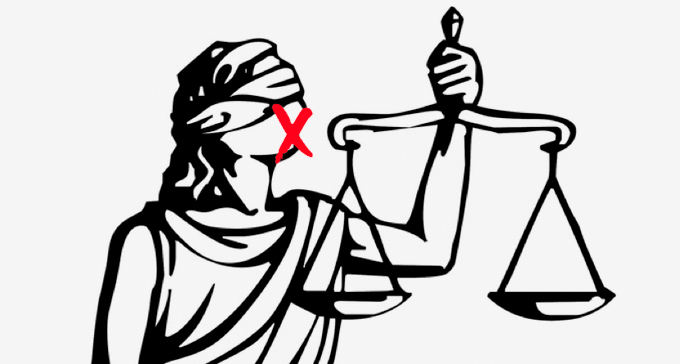
There has always been a tug of war between different organs of the state in terms of exercise of power and controlling authority. In a democratic state the parliament does act as the supreme authority. But in a country where democratic practice has not yet achieved maturity, power game between the different organs of the state is inevitable. We often see that this issue comes forward in our country during any national crisis, whether it involves the government or other stakeholders.
Limited by slow pace in disposal of cases and in some cases lack of confidence, the judiciary has been taking a new shape. It has often played a vital role in deciding political issues like the caretaker government issue. There are a number of instances in which the judiciary intervened proactively that should have been dealt with by politicians. Corruption has also led people to take shelter of the courts more frequently as all other forums failed to redress the problems effectively. This is the reason why the courts have become overburdened with cases and every effort to dispose them off falls short in some way.
The most recent incident of conflict between the judiciary and the government was seen after an order passed by a Division Bench of the Hon’ble High Court Division to arrest certain Rab officials in the Narayanganj seven murder case. The recent approval of the draft Constitution (16th Amendment) Act, 2014 may be the outcome of the said conflict to curb the power of the judiciary. The amendment is going to bring back the old provision of Article 96 of the Constitution of 1972. It would allow impeachment of a Supreme Court Judge by two-third majority votes in the parliament. The law minister, in response to a query by journalists, said: “The independence of the judiciary will not be hampered because of the amendment. The Supreme Court judges will be able to discharge their regular duties independently.” But most eminent lawyers and jurists expressed their concern about this amendment as it will curb the independence of the judiciary.
The cabinet secretary said to the press that the draft was prepared following the constitution and provisions of several developed and democratic countries that have parliamentary or presidential form of the government. It is an irony that we rely on those constitutions when it comes to defending the reason for making a harsh law, but we don’t follow their other democratic procedures. I believe none of the countries have a form of government like ours.
However, the present Article 96 of the Constitution does have a provision for removal of judges of the Supreme Court by a Supreme Judicial Council for offences and incapacity. The proposed amendment empowers the Parliament to impeach any Supreme Court judge for proven offences or incapacity by two-third majority votes in the Parliament. In a democratic country, it is not possible for a particular party or alliance to always get two-third majority in the Parliament. In a situation where the government is formed with, for example, 40:60 ratio, no judge of the Supreme Court can be removed. As the present provision of forming a Supreme Judicial Council will no longer exist after the amendment, there will be no forum to redress the issues of removal or dealing with the offences of a judge of the Supreme Court. Moreover, the removal of judges is a judicial process and the parliamentarians from different backgrounds, specially the businessmen, would have no clue about how to deal with the investigation process.
The direct effect of the amendment would be that no court will dare to pass any order which goes against the interest of the government. In the present context, courts do feel shaky in some instances; the amendment will put the last nail in the coffin. The provisions laid down in Article 102 to review government actions by the Hon’ble High Court Division will be of no use if the judges consider the issues keeping in mind their removal if someone in the government dislikes their orders.
In addition to the above, the conflict of interest issue had not been given any consideration prior to assenting to the draft amendment. The representation of businessmen in the Parliament is increasing alarmingly and at present almost 40% of them are garment manufacturers. There will be apparent conflict of interest in many pending cases and the parties concerned would not like to take proactive steps to finish hearing of those cases for fear of outcomes that might come under undue pressure.
Published on 22 August 2014 at the Daily Star. [Source of Thumbnail: http://goo.gl/mMejef]







